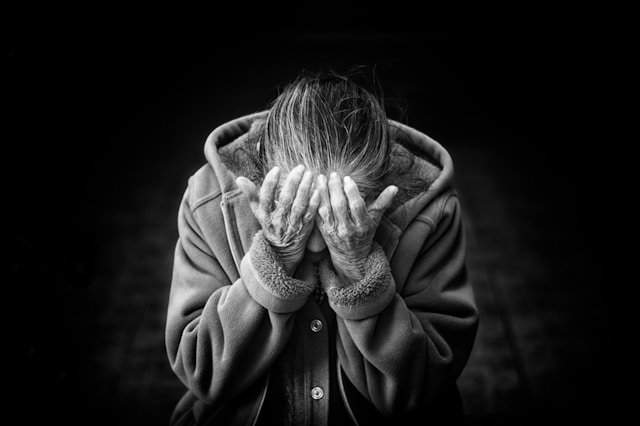Depression Symptoms and Warning Signs: What You Need to Know

Depression is more than just an occasional feeling of sadness—it’s a condition that can profoundly impact your mental, emotional, and physical well-being. Recognizing the signs and understanding how they manifest across different ages, genders, and personal circumstances is the first step in addressing this challenge.
What Is Depression?
While everyone experiences moments of sadness, depression is characterized by persistent feelings of hopelessness and despair that disrupt daily life. It affects how you think, feel, and act, often interfering with activities like work, relationships, and self-care. Individuals may describe it as “living in a black hole” or feeling numb and detached. For men, these emotions may manifest as irritability or restlessness.
It’s crucial to remember that these feelings are symptoms of depression—not an accurate reflection of your reality. No matter how overwhelming it seems, recovery is possible. By recognizing the signs, you can take proactive steps toward healing.
Recognizing Depression: Symptoms to Watch For
Depression can look different for everyone, but certain signs are common:
- Feelings of helplessness and hopelessness – A persistent belief that nothing will improve and there’s no way forward.
- Loss of interest in daily activities – A decline in enjoyment of hobbies, social interactions, or intimacy.
- Appetite or weight changes – Significant changes in weight within a short period.
- Sleep disturbances – Insomnia or excessive sleeping.
- Irritability or anger – Short temper, frustration, or even violent tendencies.
- Fatigue and low energy – A sense of physical exhaustion that makes even small tasks feel monumental.
- Feelings of self-loathing – Harsh self-criticism and guilt over perceived failures.
- Reckless behavior – Risky actions like substance abuse or dangerous activities.
- Concentration problems – Difficulty focusing, making decisions, or remembering.
- Unexplained physical symptoms – Chronic pain, headaches, or digestive issues with no clear medical cause.
The more these symptoms persist and intensify, the more likely you are dealing with depression.
Depression and Co-Occurring Conditions
Depression vs. Anxiety
Depression and anxiety often occur together, sharing overlapping symptoms like irritability, fatigue, and sleep disruptions. However, the key difference lies in how they manifest:
- Depression often brings a sense of heaviness, lethargy, and despair.
- Anxiety tends to involve excessive worry, nervous energy, and a racing mind.
Both conditions benefit from similar treatment approaches, and addressing one can often alleviate the other.
Depression or Bipolar Disorder?
Bipolar disorder, characterized by extreme mood swings, can be mistaken for depression in its low phase. If you’ve experienced episodes of heightened euphoria, impulsive behavior, or reduced need for sleep, it’s essential to consult a professional to rule out bipolar disorder.
Medical Conditions Mimicking Depression
Sometimes, physical health issues can cause symptoms similar to depression, such as fatigue, mood swings, or concentration difficulties. Conditions like hypothyroidism, chronic fatigue syndrome, or even vitamin D deficiency may be the underlying cause. A thorough evaluation by a healthcare provider can clarify these issues.
Depression and Suicide Risk
Depression can heighten the risk of suicide, often accompanied by feelings of deep despair. Watch for these warning signs in yourself or loved ones:
- Talking about self-harm or death.
- Preparing for “goodbyes,” such as giving away possessions or settling affairs.
- A sudden shift from sadness to calmness or happiness.
If you or someone you know is experiencing these symptoms, seek immediate professional help.
Moving Forward
Depression is a complex but treatable condition. With the right support, whether through therapy, medication, or lifestyle changes, individuals can regain control and rediscover joy. Seeking help is a sign of strength and the first step toward recovery.